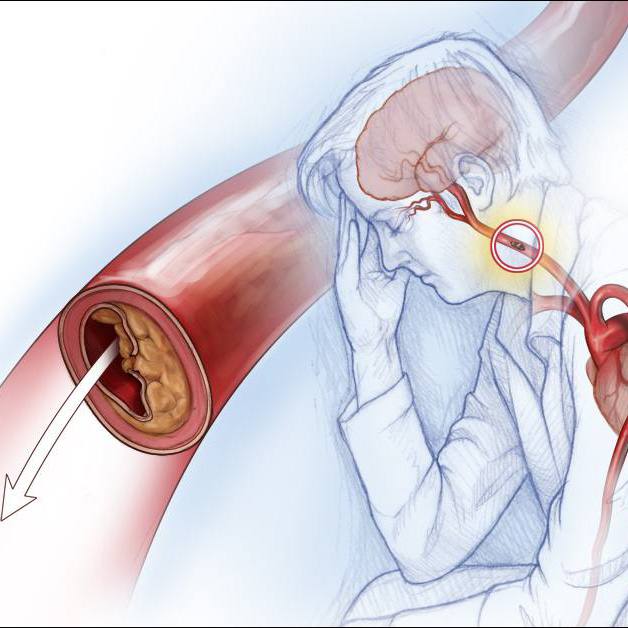-
Mayo Clinic Minute: Family risk of Alzheimer’s disease
Alzheimer's disease is a progressive disease that destroys memory and other important mental functions. Many people who have relatives with this disease worry that it may run in the family. Does having a family member with Alzheimer's disease increase your risk of developing it?
Journalists: Broadcast-quality video (0:59) is in the downloads at the end of this post. Please courtesy: "Mayo Clinic News Network." Read the script.
If your family member has Alzheimer’s disease, does that mean you’ll get it too?
“There’s a truly inherited form of the disease called familial Alzheimer’s disease, early-onset Alzheimer’s disease," says Dr. Ronald Petersen, of the Alzheimer's Disease Research Center at Mayo Clinic.
Dr. Petersen says people with this rare, genetic form of Alzheimer’s have a 50-50 chance of getting the disease, often at an early age, say, in their 40s or 50s.
“The vast majority of the disease is called sporadic, but even in sporadic cases, there can be a familial tendency," he says.
Sporadic cases tend to happen after age 65. So even if you don’t have a known genetic link but do have relatives with Alzheimer’s disease, your risk could be double or triple that of the general population.
“In general, people 65 years and older, the risk of getting the disease is perhaps 10%,” says Dr. Petersen.
How can you reduce your risk? Dr. Petersen recommends moderate exercise; brain games; socialize; and eat a diet rich in fruits, vegetables, whole grains and lean sources of protein.
___________________________
For the safety of its patients, staff and visitors, Mayo Clinic has strict masking policies in place. Anyone shown without a mask was recorded prior to COVID-19 or recorded in an area not designated for patient care, where social distancing and other safety protocols were followed.
Related Articles







